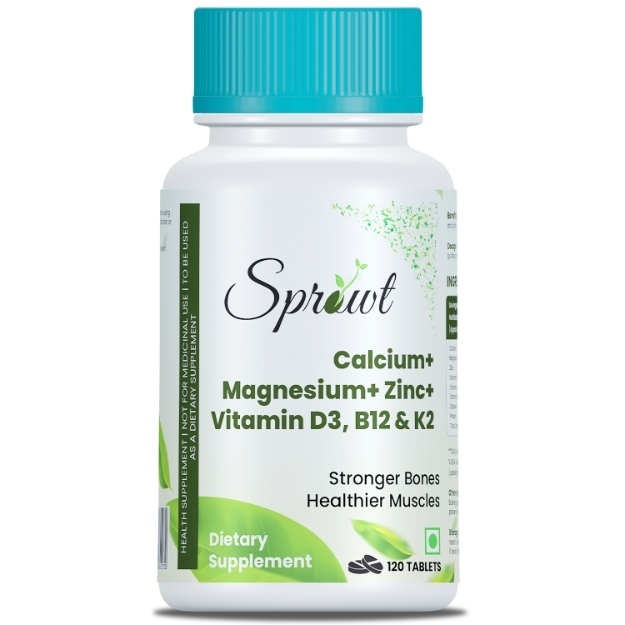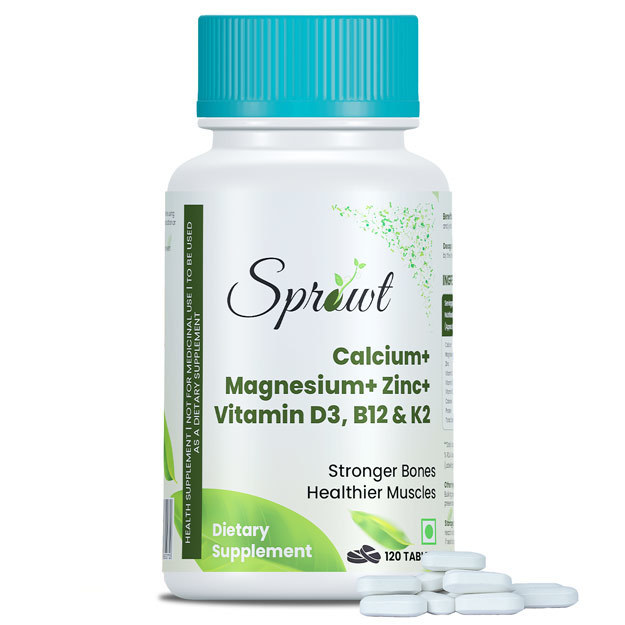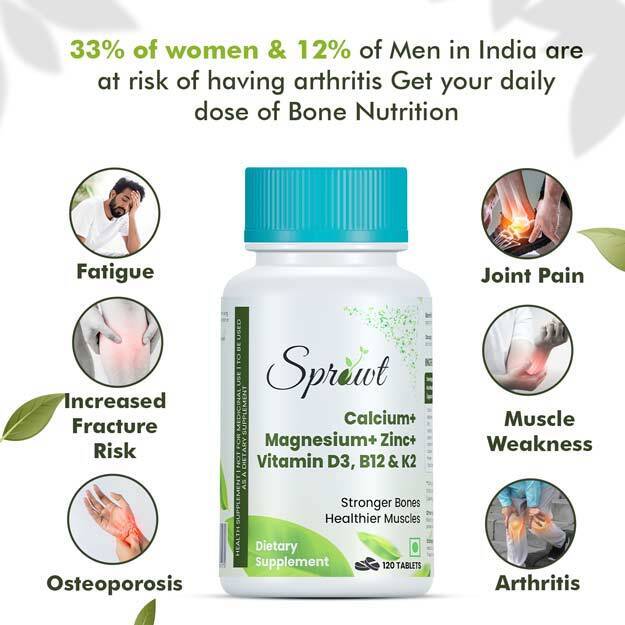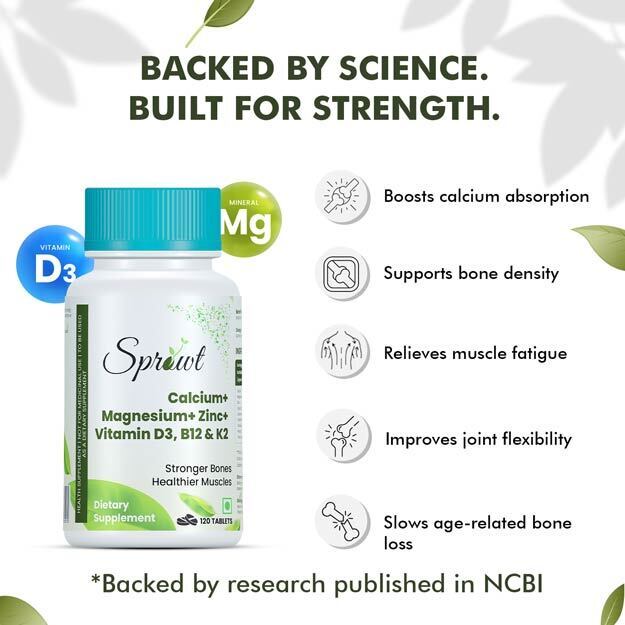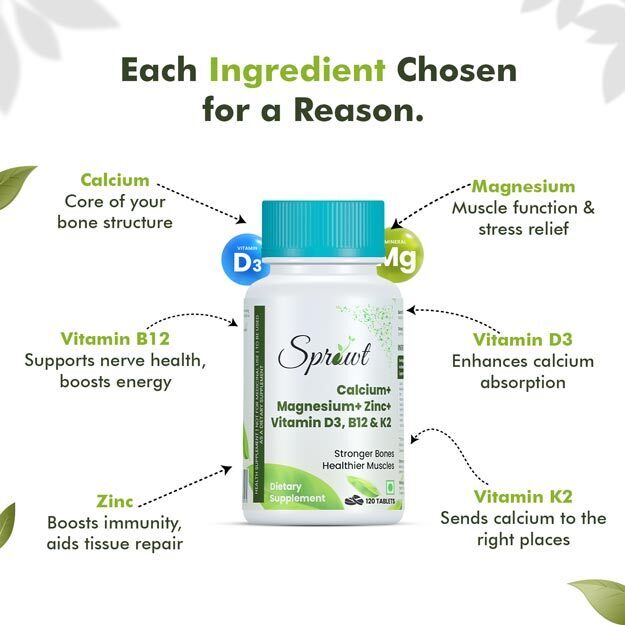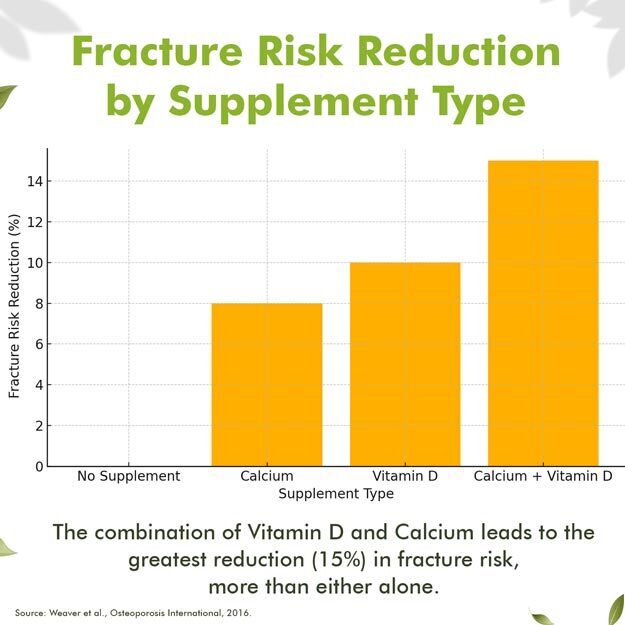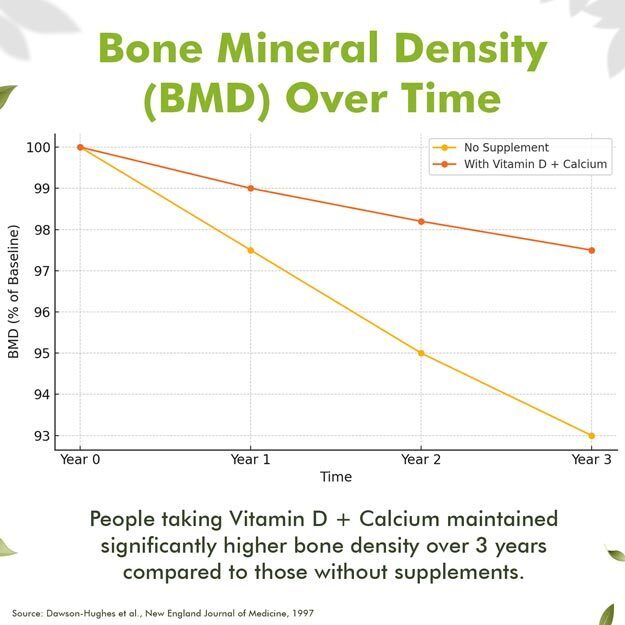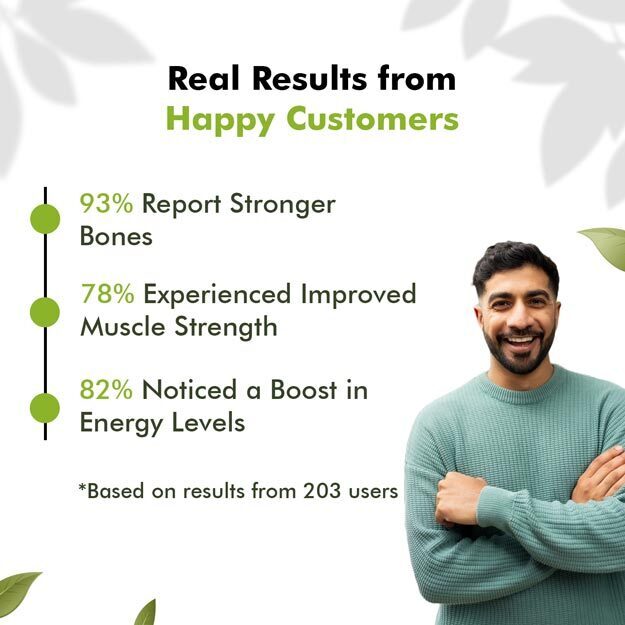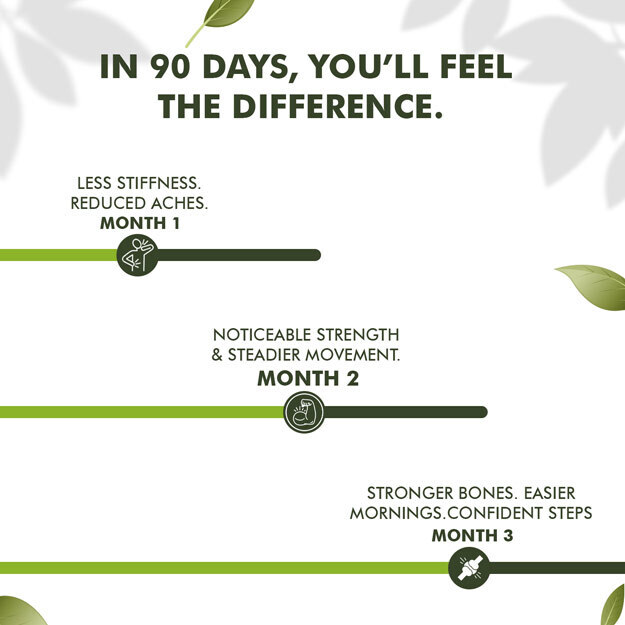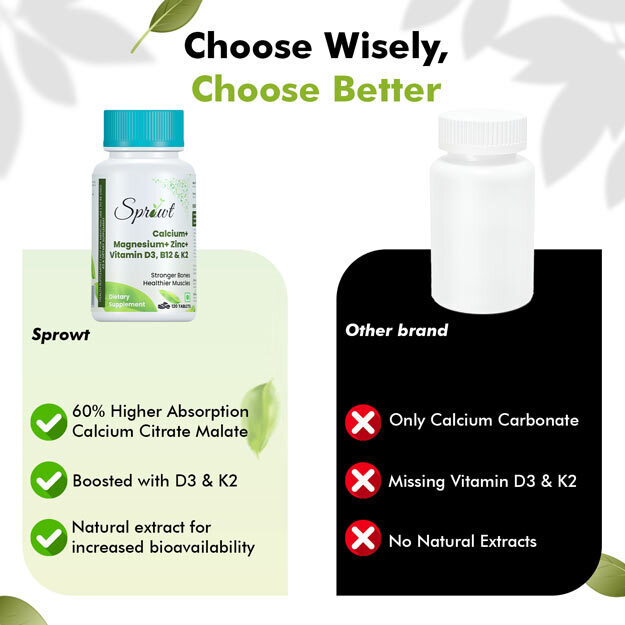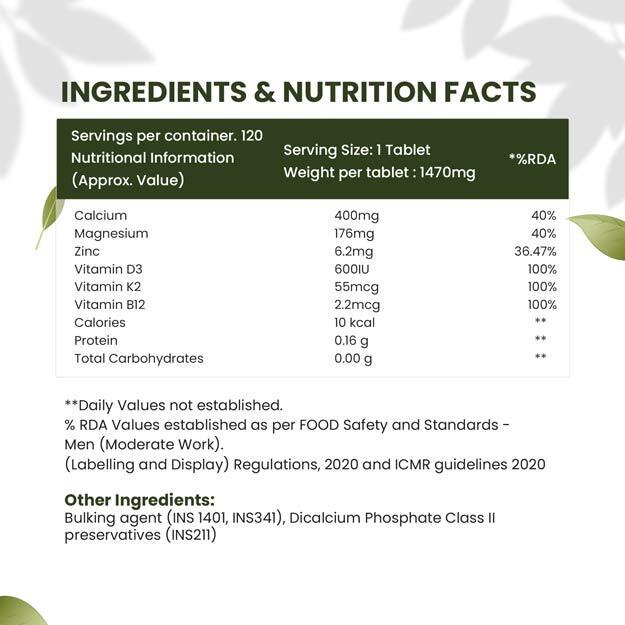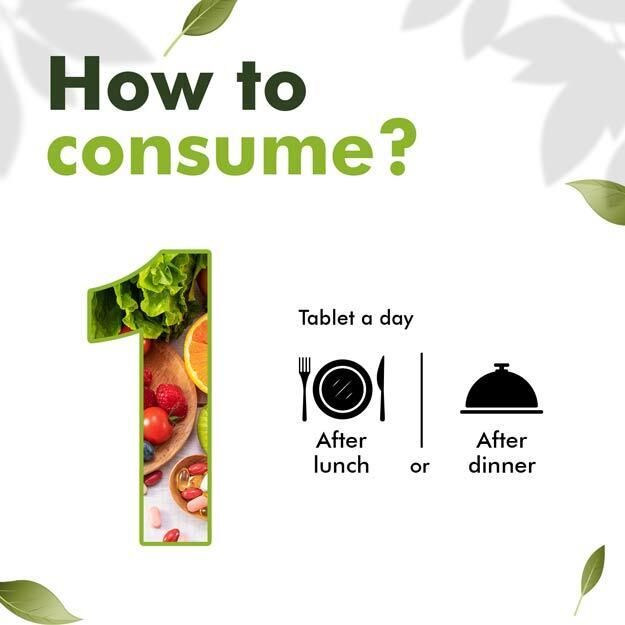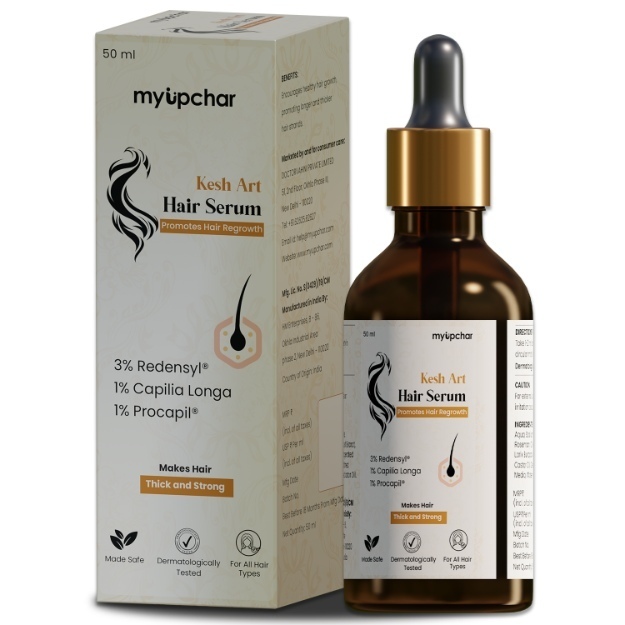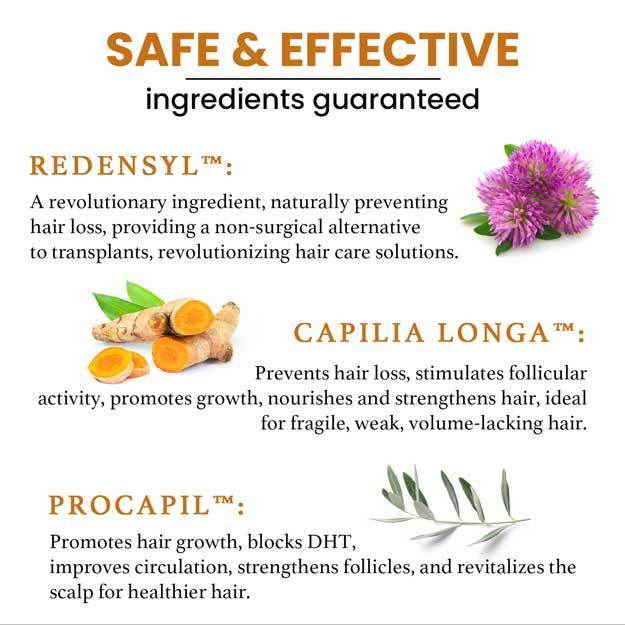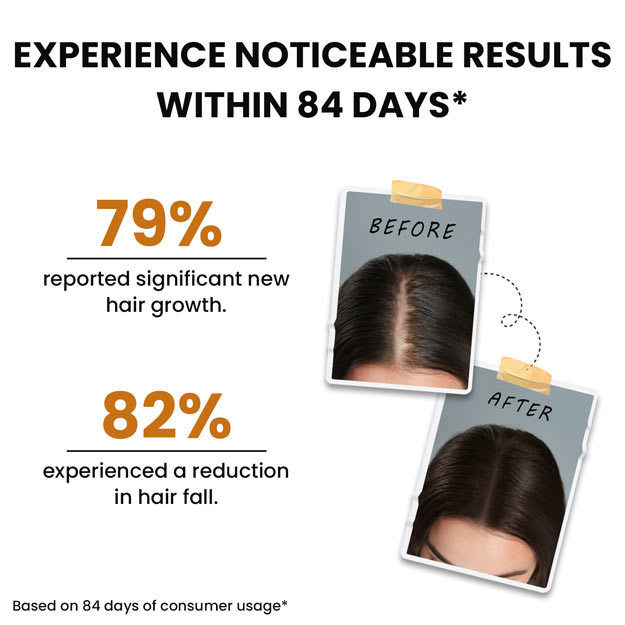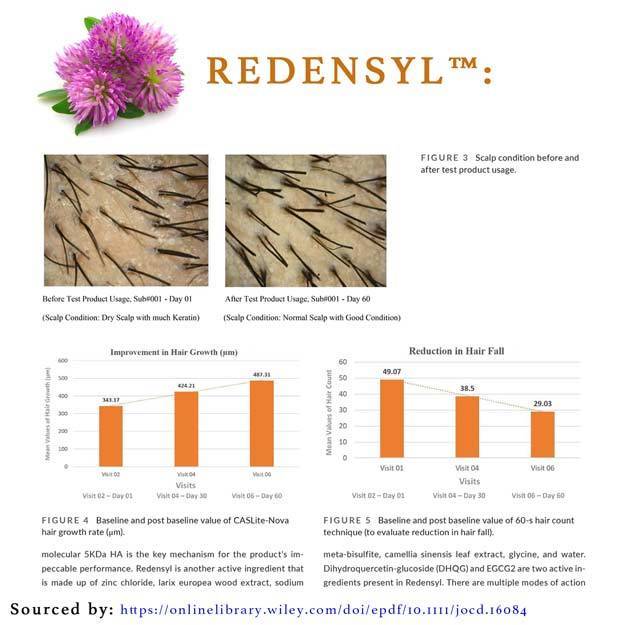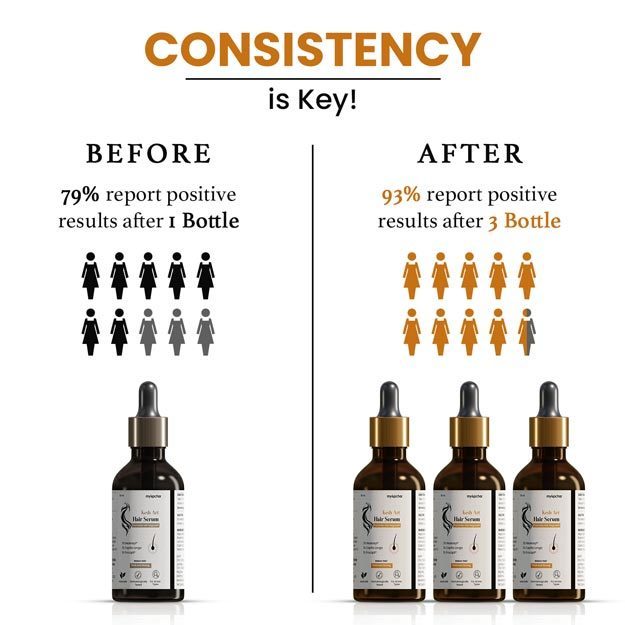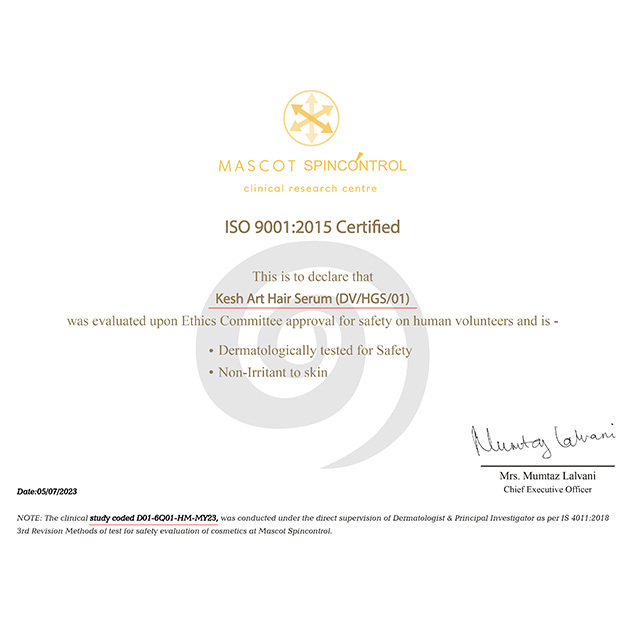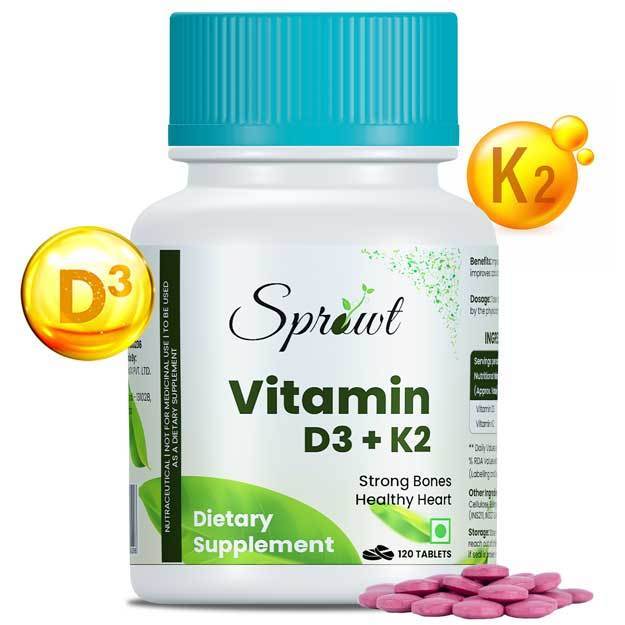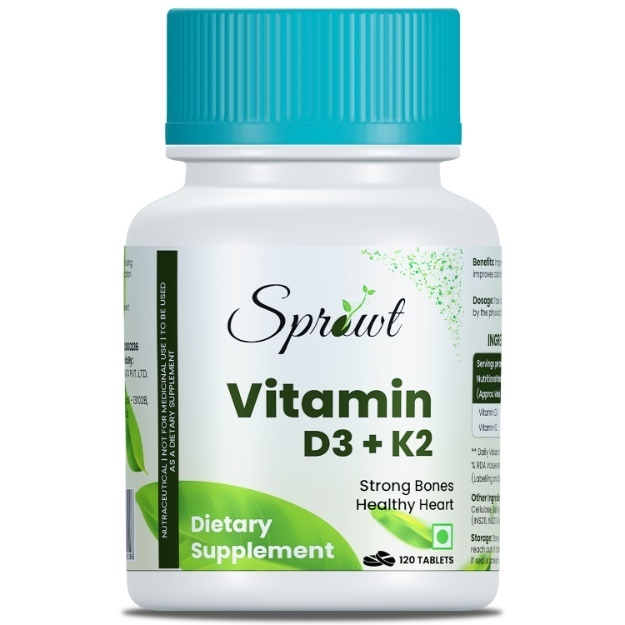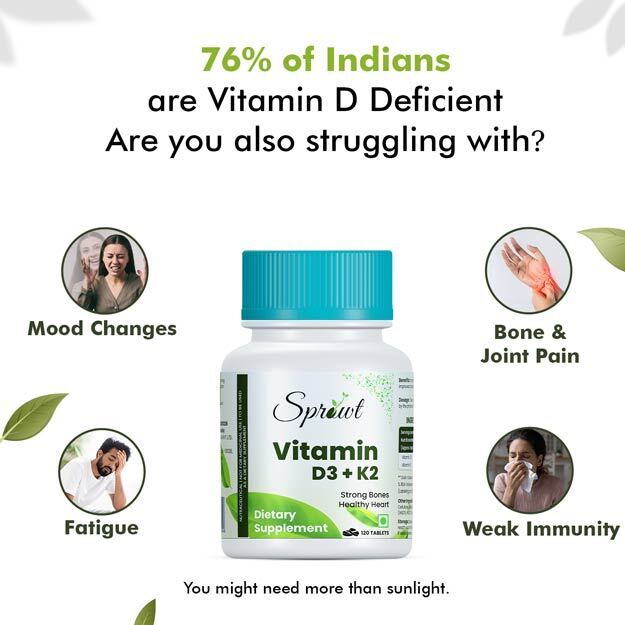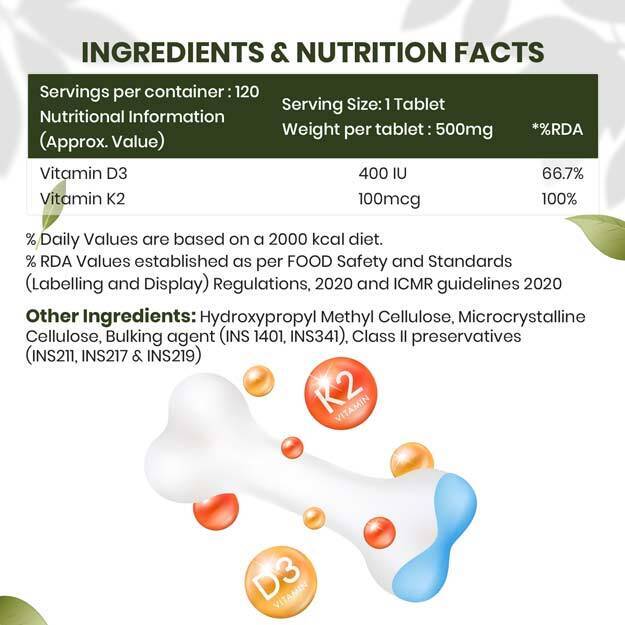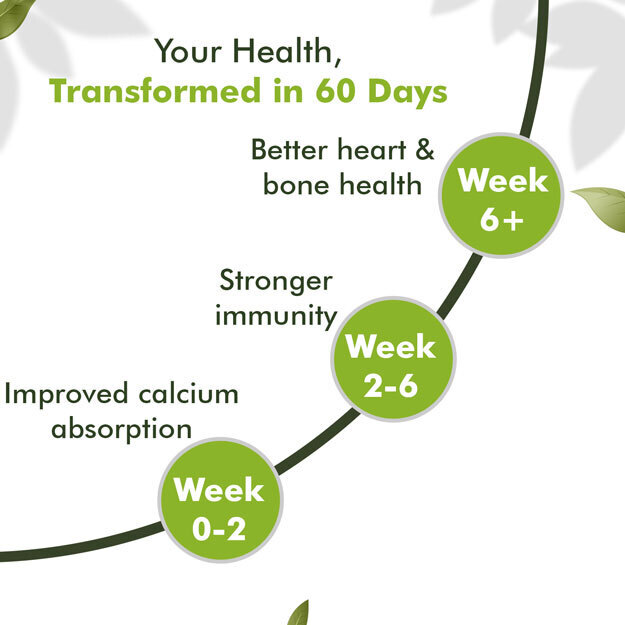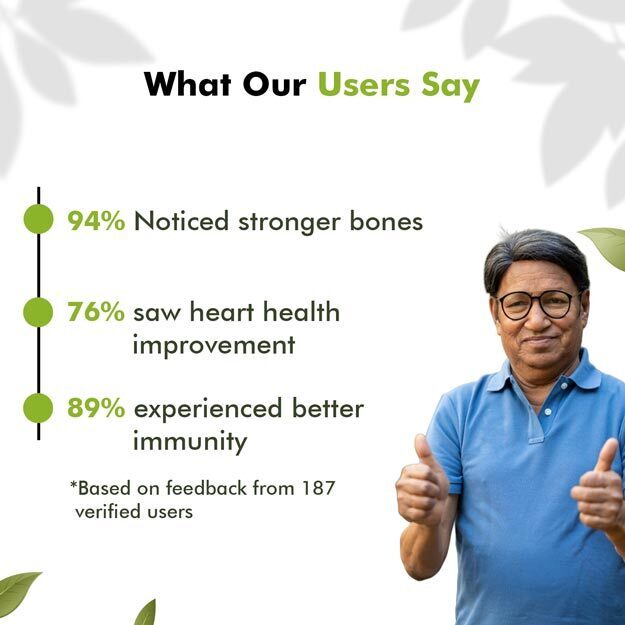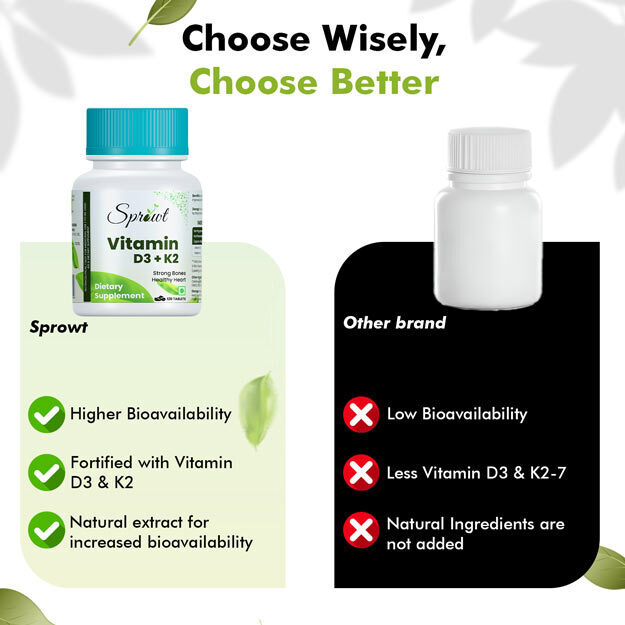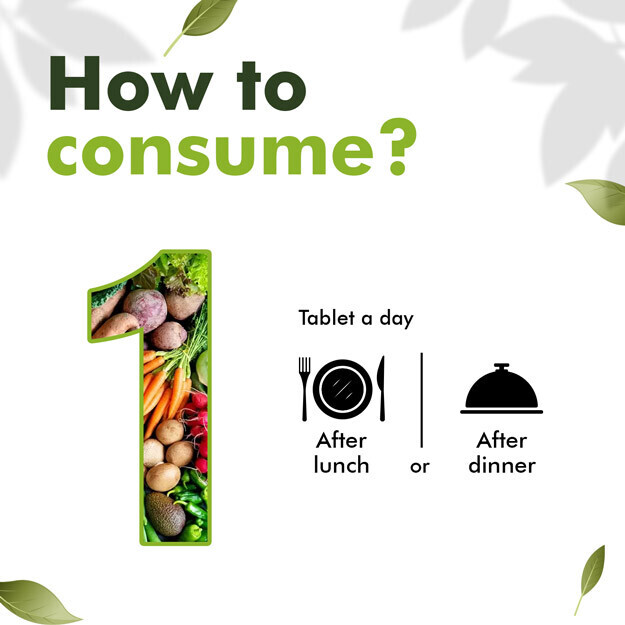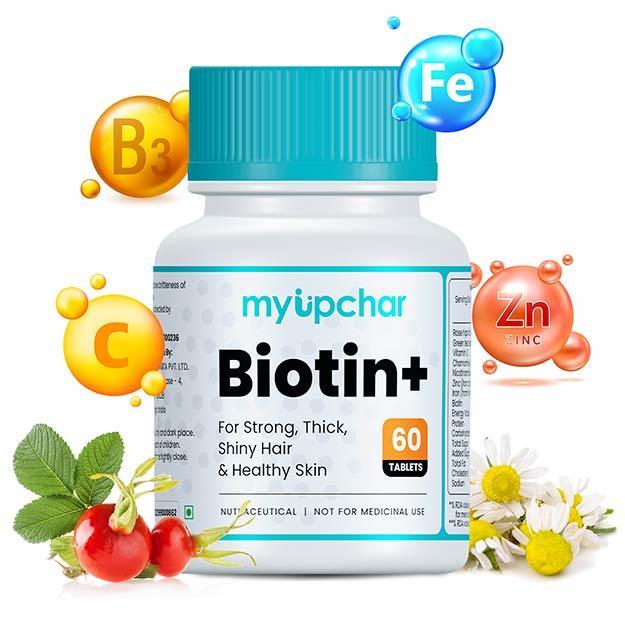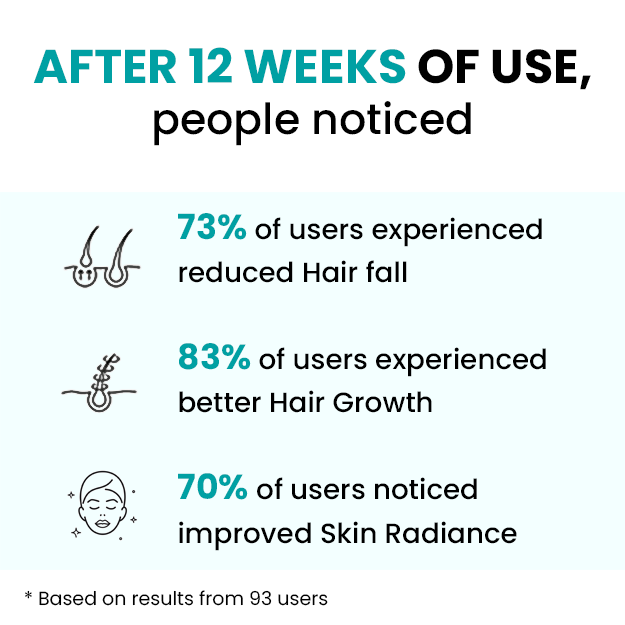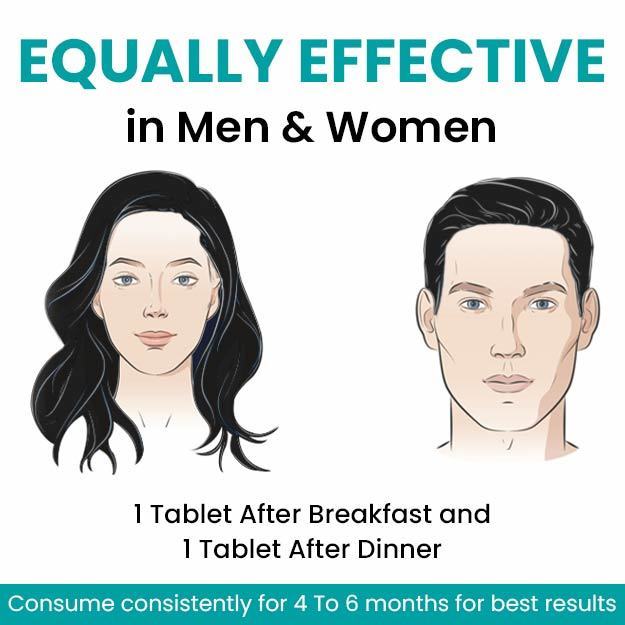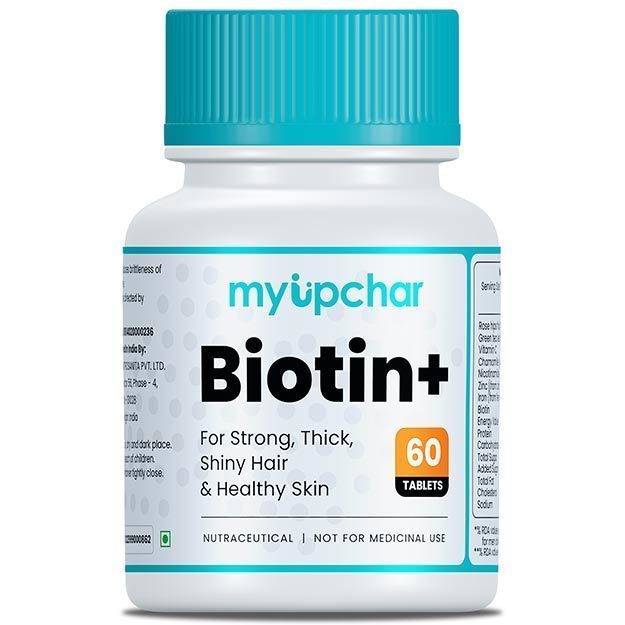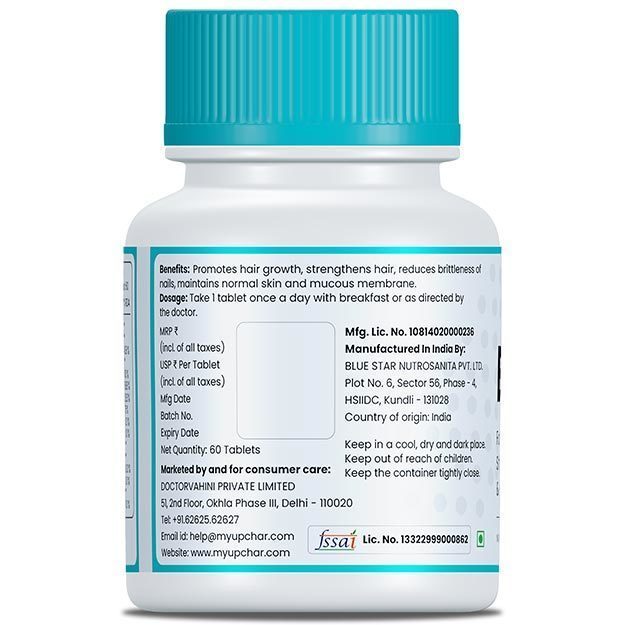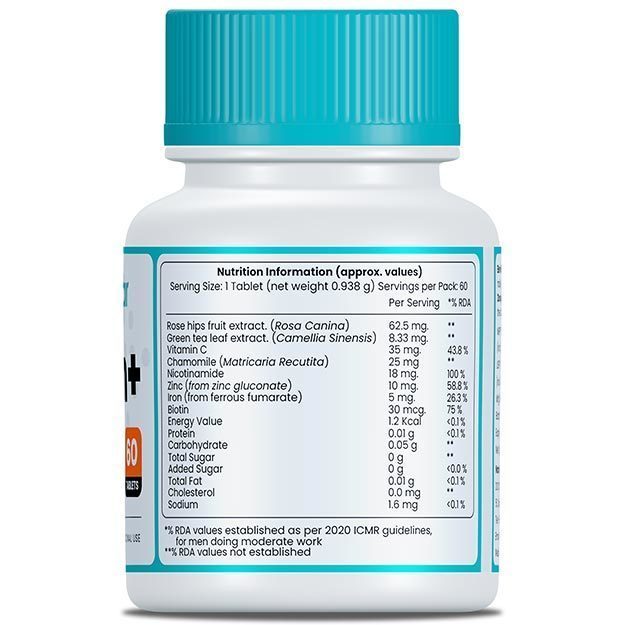Ever wondered about those little pink powerhouses of the sea? That's right, we're talking about shrimp! They're a favorite on menus worldwide, from fancy dinners to casual weeknight meals. But beyond their delicious taste, what do you really know about shrimp? Let's dive in and uncover the truth about shrimp – the good, the not-so-good, and everything in between!
- Nutrients In Shrimp
- Can I East Shrimp Daily?
- Are There Any Risks To Eating Shrimp?
- How Long To Cook Shrimp?
- Should You Boil Shrimp?
-
Benefits Of Eating Shrimp
- Benefits Of Shrimp As An Antioxidant
- Benefits Of Shrimp Over Cancer
- Benefits Of Shrimp For Heart - Side effects of shrimp in Hindi
- Is Shrimp A Good Source Of Vitamin D? - Summary
- Eating Shrimp is Beneficial For Mental Health
- Is Shrimp A Good Source Of Protein?
- Benefits Of Shrimp For Hair
- Benefits Of Shrimp For Skin
- What Happens If You Eat A Lot Of Shrimp?
- How Much Shrimp Is Too Much Shrimp?
- Is Shrimp A High Risk Food?
- What Happens If You Consume Too Much Shrimp?
- Side Effects of Eating Shrimp
- Precautions
- Summary
Nutrients In Shrimp
Shrimp might be small, but they pack a serious nutritional punch! For a 3-ounce (around 85-gram) serving of cooked shrimp, you're looking at some impressive numbers:
- Calories: Approximately 84 calories
- Protein: Around 20 grams (that's almost as much as a chicken breast!)
- Fat: Less than 1 gram
- Cholesterol: Roughly 161 milligrams
- Selenium: About 48% of the Daily Value (DV)
- Vitamin B12: Around 21% of the DV
- Phosphorus: Approximately 21% of the DV
- Copper: About 19% of the DV
- Iodine: Roughly 13% of the DV
- Choline: Around 12% of the DV
(Read more -Best fish to eat in India)
And that's just scratching the surface! Shrimp also offers smaller amounts of magnesium, zinc, iron, and potassium.
Apart from this, shrimp is considered a good source of iodine. It can be beneficial for people suffering from thyroid problems. At the same time, shrimp can also be beneficial for mental health. Apart from this, shrimp is rich in astaxanthin antioxidants, omega-6 and omega-3 fatty acids, which can cure many health related problems.
Can I East Shrimp Daily?
For most healthy individuals, enjoying shrimp daily in moderation is generally fine. It's a fantastic source of lean protein and a variety of essential nutrients. However, like with anything, balance is key. If you have specific dietary concerns, such as managing cholesterol or sodium intake, it's always a good idea to chat with your doctor or a registered dietitian.
(Read more - Can Eat Fish in Type 2 Diabetes)
Are There Any Risks To Eating Shrimp?
While shrimp is a superstar in the nutrition world, there are a few things to keep in mind. The biggest risk for some people is allergies. Shellfish allergies are quite common and can range from mild to severe, even life-threatening. If you suspect a shellfish allergy, avoid shrimp completely and consult an allergist.
Another consideration is mercury. While shrimp generally contain very low levels of mercury compared to larger predatory fish, it's still something to be aware of, especially if you're pregnant, breastfeeding, or have certain health conditions.
How Long To Cook Shrimp?
Shrimp are the sprinters of the seafood world when it comes to cooking time – super fast! Overcooked shrimp become tough and rubbery, and nobody wants that. Generally, shrimp are cooked when they turn opaque pink and curl into a C-shape. This usually takes:
- Small/Medium Shrimp: 1-2 minutes per side
- Large/Jumbo Shrimp: 2-3 minutes per side
Remember, the goal is tender and juicy!
(Read more - Fish oil benefits)
Should You Boil Shrimp?
Boiling is certainly a common way to cook shrimp, especially if you're making shrimp cocktail or adding them to a salad. It's quick and easy. However, some culinary enthusiasts argue that boiling can dilute the flavor of the shrimp. Other fantastic cooking methods include sautéing, grilling, baking, or stir-frying, which can really enhance their natural sweetness and texture. It really depends on your preference and what you're using them for!
Benefits Of Eating Shrimp
A Study Based Review On Nutritional Values Of Eating Shrimp:
The article, "Recent Studies Toward the Development of Practical Diets for Shrimp and Their Nutritional Requirements," published in October 2017, provides a comprehensive review of current literature on developing practical diets for shrimp. Authored by Christian Larbi Ayisi, xm hua, Andrews Apraku, and Afriyie Gyamfua, the study specifically examines the qualitative and quantitative nutrient requirements of various shrimp species. It emphasizes the importance of these nutrients for optimal growth and efficient feed utilization, while also addressing the digestibility of the nutrients used in shrimp diets.
Key findings reveal that protein requirements for white leg shrimp vary from 25% to 40%, and while higher protein generally improves growth, lower intake might lead to better nutrient retention. The research stresses the importance of continually improving feed quality and tailoring diets for different life stages, with microalgae, zooplankton, and artificial feeds being suitable at various points. Critically, the paper explores cost-effective alternatives to fishmeal, identifying mysid meal as a potential full replacement and fermented soybean meal capable of replacing up to 50% of fishmeal protein. The authors also underline the necessity of determining nutrient digestibility for formulating balanced, high-quality diets that can enhance feed conversion rates and growth. While providing a comprehensive overview of nutritional considerations and alternative ingredients, the document does not include detailed surveys, specific results from original research, explicit recommendations, or broader implications beyond the scope of diet development.
(https://www.researchgate.net/publication/320393180_Recent_Studies_Toward_the_Development_of_Practical_Diets_for_Shrimp_and_Their_Nutritional_Requirements)
Now for the exciting part – the amazing benefits of incorporating shrimp into your diet!
Benefits Of Shrimp As An Antioxidant
Shrimp contains a powerful antioxidant called astaxanthin, which is responsible for its lovely pink color. Astaxanthin has been linked to protecting your cells from damage caused by free radicals, which are unstable molecules that can contribute to aging and various diseases. Think of it as a tiny shield for your body!
Benefits Of Shrimp Over Cancer
Shrimp contains selenium. Studies show that this mineral can prove helpful in preventing some types of cancer. However, enough research is still needed on how well it can help prevent cancer.
(Read more - Fish: Benefits)
Benefits Of Shrimp For Heart - Side effects of shrimp in Hindi
Despite its cholesterol content, shrimp is actually considered heart-healthy. This is because it's low in saturated fat and high in beneficial omega-3 fatty acids, which are known to support cardiovascular health. Omega-3s can help reduce inflammation, lower blood pressure, and improve cholesterol levels by increasing good cholesterol (HDL) and lowering bad cholesterol (LDL).
(Read more - Is it safe to eat fish during pregnancy?)
Is Shrimp A Good Source Of Vitamin D? - Summary
Shrimp is one of the few natural food sources of Vitamin D, a crucial nutrient often called the "sunshine vitamin." Vitamin D is essential for strong bones, a healthy immune system, and even plays a role in mood regulation. Getting enough Vitamin D, especially if you have limited sun exposure, is incredibly important.
(Read more - Vitamin D rich foods)
Eating Shrimp is Beneficial For Mental Health
The omega-3 fatty acids in shrimp aren't just good for your heart; they're also fantastic for your brain! These healthy fats are vital for brain function and development, and research suggests they may help improve mood, reduce symptoms of depression, and support overall cognitive health. Fueling your brain with the right nutrients can make a big difference.
Is Shrimp A Good Source Of Protein?
Shrimp is an absolute protein powerhouse! With around 20 grams of protein per serving, it's an excellent choice for building and repairing tissues, supporting muscle growth, and keeping you feeling full and satisfied. Whether you're an athlete or just trying to maintain a healthy weight, protein is your friend.
(Read more - Protein-rich Indian foods)
Benefits Of Shrimp For Hair
The protein, zinc, and other minerals found in shrimp are all beneficial for healthy hair. Protein is the building block of hair, while zinc plays a role in hair tissue growth and repair. A nutritious diet, including shrimp, can contribute to stronger, shinier hair.
Benefits Of Shrimp For Skin
Just like with hair, the nutrients in shrimp, particularly protein and antioxidants, can contribute to healthy, glowing skin. Antioxidants help protect skin cells from environmental damage, while protein is essential for collagen production, which keeps your skin firm and elastic.
What Happens If You Eat A Lot Of Shrimp?
Eating a lot of shrimp in one sitting usually means you're getting a generous dose of protein and various vitamins and minerals. For most people, this is perfectly fine. However, if you're sensitive to dietary cholesterol, or if you're prone to high sodium intake, overdoing it regularly could be a concern. Also, consider the preparation methods – a lot of deep-fried shrimp might not be the healthiest option!
How Much Shrimp Is Too Much Shrimp?
There's no magic number for "too much" shrimp, as it really depends on individual health, diet, and lifestyle. However, for most healthy adults, a few servings (around 3-4 ounces per serving) several times a week is a perfectly reasonable and beneficial amount. If you have specific health conditions, it's always best to consult with a healthcare professional for personalized advice.
(Read more - Diet for weakness)
Is Shrimp A High Risk Food?
When it comes to food safety, shrimp, like all seafood, can be a high-risk food if not handled and cooked properly. Raw or undercooked shrimp can harbor bacteria or viruses. Always make sure your shrimp is cooked thoroughly until it's opaque and pink. Also, be mindful of cross-contamination in the kitchen, keeping raw shrimp separate from other foods. For individuals with shellfish allergies, shrimp is indeed a high-risk food due to the potential for severe allergic reactions.
What Happens If You Consume Too Much Shrimp?
Consuming too much shrimp in a single sitting, especially if it's prepared in an unhealthy way (like deep-fried), could lead to an upset stomach or digestive discomfort. If you're sensitive to cholesterol, consistently high intake could, over time, contribute to higher cholesterol levels, although for most people, dietary cholesterol has less impact than saturated and trans fats. As with any food, moderation and variety are key to a balanced diet.
Side Effects of Eating Shrimp
While shrimp is generally a healthy choice, it does have a few characteristics that can be considered "side effects" depending on your individual needs and sensitivities.
Side Effects Of Shrimp As Cholesterol
Yes, shrimp is relatively high in dietary cholesterol. However, it's important to remember that for most healthy people, dietary cholesterol has a less significant impact on blood cholesterol levels than saturated and trans fats. The bigger picture is that shrimp is low in saturated fat and high in beneficial omega-3s, which are heart-healthy. If you have high cholesterol, discuss your dietary choices with your doctor.
Side Effects Of Shrimp As Sodium
Shrimp naturally contains some sodium, and often, commercially prepared shrimp or restaurant dishes can be quite high in added sodium. If you're watching your sodium intake due to high blood pressure or other health concerns, it's wise to check labels and prepare shrimp at home using less salt.
Side Effects Of Shrimp As Copper
Shrimp is a good source of copper, an essential trace mineral. While copper is vital for many bodily functions, excessive intake over a long period can be harmful, although this is rare from food sources alone. For the vast majority of people, the copper content in shrimp contributes to overall health without issue.
(Read more -10 Symptoms of mental illness)
Precautions
So, how can you enjoy shrimp safely and smartly?
- Allergies: If you have a shellfish allergy, avoid shrimp entirely. If you're unsure, consult an allergist.
- Cooking: Always cook shrimp thoroughly until it's opaque and pink throughout to eliminate harmful bacteria.
- Source: Choose shrimp from reputable sources to ensure freshness and quality.
- Moderation: Enjoy shrimp as part of a balanced diet. While it's healthy, variety in your protein sources is always a good idea.
- Sodium Awareness: If you're monitoring sodium, be mindful of how shrimp is prepared and choose options with less added salt.
- Pregnancy/Breastfeeding: While shrimp is generally safe during pregnancy and breastfeeding due to its low mercury content, it's always best to discuss your diet with your healthcare provider.
Summary
Shrimp truly is a delightful and nutritious addition to your plate. Bursting with protein, vitamins, minerals, and those amazing omega-3s, it offers a wealth of health benefits from head to tail (or rather, from antenna to tail!). While it has a few considerations like cholesterol and potential allergies, for most people, the pros far outweigh the cons. So go ahead, enjoy those delicious crustaceans, but remember to cook them right and savor them as part of a varied and balanced diet. Happy shrimping!
Find Nutritionist in cities
Doctors for Shrimp Benefits and Side Effects: What You Need to Know

Dr. Dhanamjaya D
Nutritionist
16 Years of Experience

Dt. Surbhi Upadhyay
Nutritionist
3 Years of Experience

Dt. Manjari Purwar
Nutritionist
11 Years of Experience





